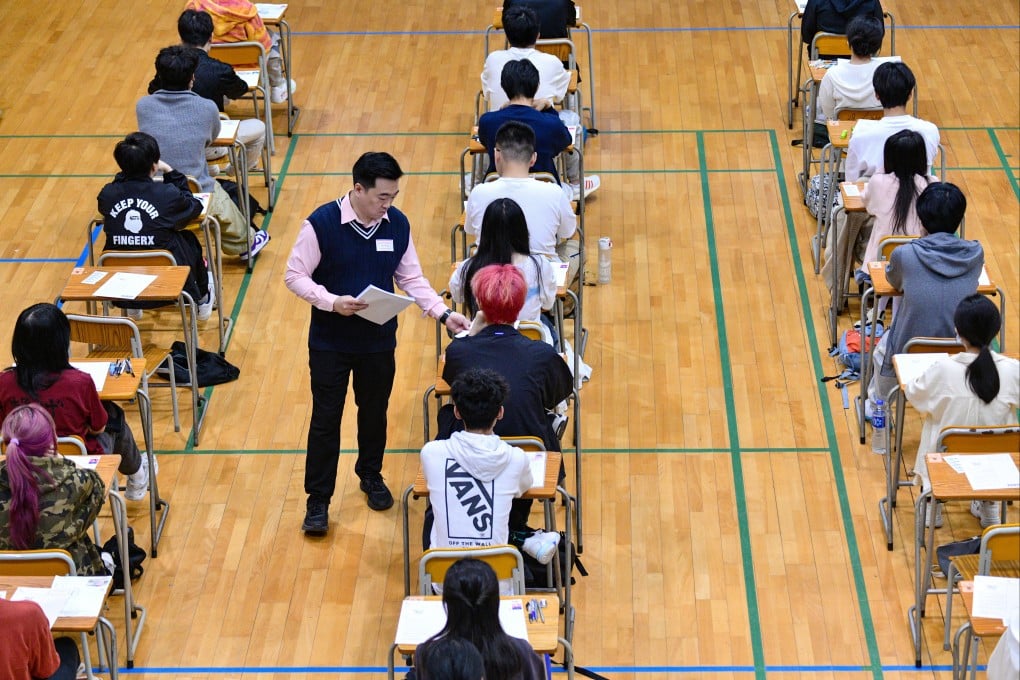Letters | DSE a waste of time for Hong Kong youth not cut out for academics
Readers discuss the call for a bigger push on vocational studies in Hong Kong, the contributions of the late Po Chung, and the government’s eHealth upgrade

Feel strongly about these letters, or any other aspects of the news? Share your views by emailing us your Letter to the Editor at [email protected] or filling in this Google form. Submissions should not exceed 400 words, and must include your full name and address, plus a phone number for verification
In truth, the DSE is too difficult for some secondary students. Not only do this unlucky group waste their time in the classroom, but they also suffer endless finger-pointing throughout their secondary school life. If we had a vocational route for secondary students, they would acquire some technical know-how and spend a few years honing it instead of languishing in traditional secondary schools.
The junior vocational secondary schools could be for primary school graduates who find practical knowledge more suitable for them. The senior vocational secondary schools could be tailored to those who, after finishing the first three years of secondary school, do not want to continue the path of acquiring theoretical knowledge.
This approach can lift some secondary students from the abyss of suffering. At the same time, it opens a new avenue for developing more blue-collar workers, rather than churning out redundant white-collar ones.
Yu Mei Mei, Yuen Long